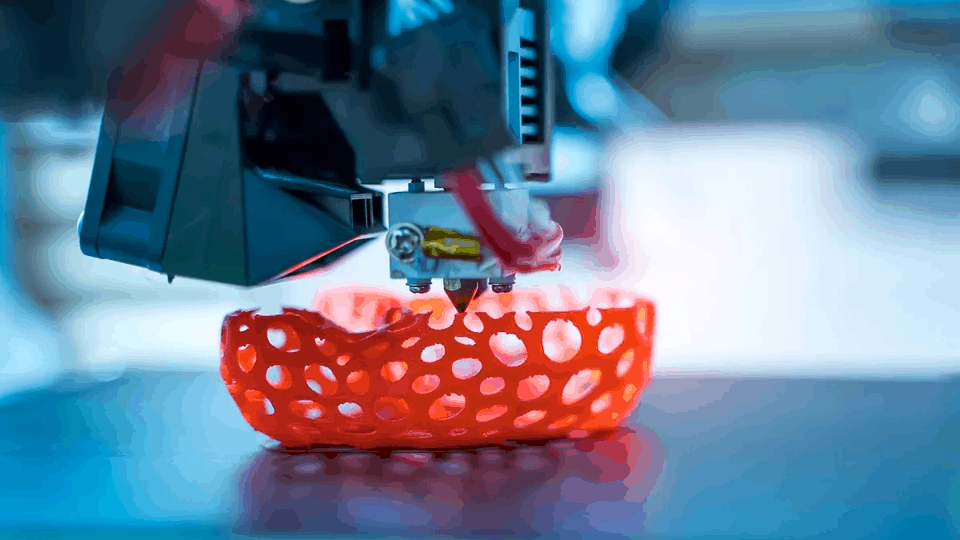Political Climate
Midterm Elections Looming
As the midterm elections approach, the political atmosphere in the United States is charged with anticipation. Voter turnout and engagement are crucial, as both parties gear up for critical contests that could reshape Congress. Democrats are focusing on key issues such as abortion rights, healthcare access, and economic inequality, while Republicans are emphasizing concerns around inflation, crime, and border security.
Polling indicates a divided electorate, with many voters expressing frustration over the current political landscape. This polarization could lead to significant shifts in power, affecting everything from legislative priorities to local governance. Candidates are mobilizing their bases, and discussions around voter suppression and election integrity continue to dominate conversations.
Supreme Court Decisions Impacting Society
The https://sdnational.com recent rulings have sparked widespread debate and discussion. Notably, decisions regarding abortion access and affirmative action have mobilized advocacy groups on both sides of the political spectrum. The overturning of Roe v. Wade has led to a patchwork of state laws that vary widely, prompting protests and calls for action across the country.
The implications of these rulings extend beyond the immediate legal context; they shape societal attitudes and influence future generations. The ongoing debates surrounding these issues highlight the importance of civic engagement and the role of the judiciary in American life.
Economic Developments
Inflationary Pressures
The U.S. economy is grappling with significant inflationary pressures that have raised concerns among consumers and policymakers alike. Prices for essentials such as food, gas, and housing have surged, leading to a decrease in purchasing power for many Americans. The Federal Reserve has responded by implementing interest rate hikes in an effort to combat inflation, which has implications for everything from mortgages to credit card debt.
While some sectors, like tourism and hospitality, have rebounded post-pandemic, the broader economic recovery remains uneven. Job growth continues, but many Americans express concerns about their financial stability, leading to discussions around wage increases and labor rights.
Job Market Trends
The job market is showing signs of resilience, with the unemployment rate remaining relatively low. However, reports indicate that many workers are facing challenges, including job insecurity and stagnant wages. The Great Resignation phenomenon continues, as employees reevaluate their career paths and seek better opportunities.
Additionally, the demand for skilled labor is growing, prompting businesses to invest in training and development programs. Workforce development initiatives are crucial as the economy shifts toward new technologies and sustainable practices, ensuring that workers are prepared for the future job landscape.
Social Issues
Gun Violence and Public Safety
Gun violence remains a pressing issue in the United States, with recent tragic incidents reigniting calls for comprehensive gun control measures. The debate surrounding Second Amendment rights versus public safety is highly polarized, leading to advocacy efforts from both sides.
Legislative efforts to enact stricter background checks and restrictions on assault weapons face significant hurdles in Congress. However, grassroots movements advocating for change continue to gain momentum, underscoring the urgency of addressing gun violence and its impact on communities nationwide.
Climate Change and Environmental Action
Climate change is increasingly recognized as a critical issue requiring immediate attention. Recent extreme weather events, including hurricanes, wildfires, and flooding, highlight the urgent need for climate resilience and sustainable practices. Communities across the country are advocating for policies that address environmental concerns while promoting economic opportunities in green industries.
The Biden administration’s focus on renewable energy and climate initiatives has sparked discussions about the future of energy in the U.S. However, challenges remain, including opposition from fossil fuel interests and the need for bipartisan support to enact comprehensive climate legislation.
Health and Safety
Ongoing COVID-19 Response
The COVID-19 pandemic continues to shape public health policy and discussions in the United States. While vaccination rates have increased, health officials are advocating for booster shots, particularly for vulnerable populations. The emergence of new variants has prompted ongoing monitoring and adjustments to public health guidelines.
Public sentiment around mask mandates and social distancing remains mixed, with many expressing a desire to return to pre-pandemic norms. The emphasis on mental health has also gained traction, as communities recognize the long-term impacts of the pandemic on emotional well-being.
Mental Health Awareness
Mental health has emerged as a critical issue, particularly in the wake of the pandemic. Efforts to reduce stigma and increase access to mental health resources are gaining momentum, with schools, workplaces, and community organizations promoting awareness campaigns.
Legislative initiatives aimed at expanding mental health services and integrating them into primary care are being discussed at various levels of government. The recognition of mental health as an essential component of overall well-being is reshaping public policy and community support systems.
Cultural Trends
Diversity and Inclusion Movements
Movements advocating for diversity and inclusion continue to gain traction in various sectors, from corporate environments to educational institutions. Recent discussions around racial equity, gender equality, and LGBTQ+ rights are reshaping societal norms and expectations.
Organizations are increasingly recognizing the importance of creating inclusive spaces and equitable opportunities for all individuals. Training programs and awareness campaigns are being implemented to promote understanding and foster a culture of acceptance.
Arts and Entertainment
The arts and entertainment sector is rebounding as audiences return to theaters, galleries, and live events. The pandemic has prompted a reevaluation of the arts’ role in society, leading to increased support for local artists and cultural institutions.
Festivals, exhibitions, and performances are celebrating diversity and creativity, offering a platform for underrepresented voices. The resurgence of the arts is not only providing entertainment but also fostering community engagement and social connection.
Looking Ahead
As the United States navigates the complexities of current events, several key themes will likely shape the future. The outcomes of the midterm elections will have lasting implications for governance and policymaking, while ongoing economic challenges will demand innovative solutions.
Social issues such as gun violence, climate change, and mental health will continue to mobilize advocacy efforts and drive public discourse. The importance of civic engagement and community participation cannot be overstated as citizens work together to address the challenges ahead.
Conclusion
The news landscape in the United States is a dynamic tapestry of political, economic, social, and cultural developments. Understanding these trends is essential for citizens seeking to engage with the pressing issues of our time. As the nation moves forward, a commitment to informed dialogue, collaboration, and advocacy will be vital in shaping a more equitable and sustainable future for all. By staying engaged and informed, Americans can play an active role in the evolution of their society, ensuring that diverse voices are heard and that collective progress is achieved.






